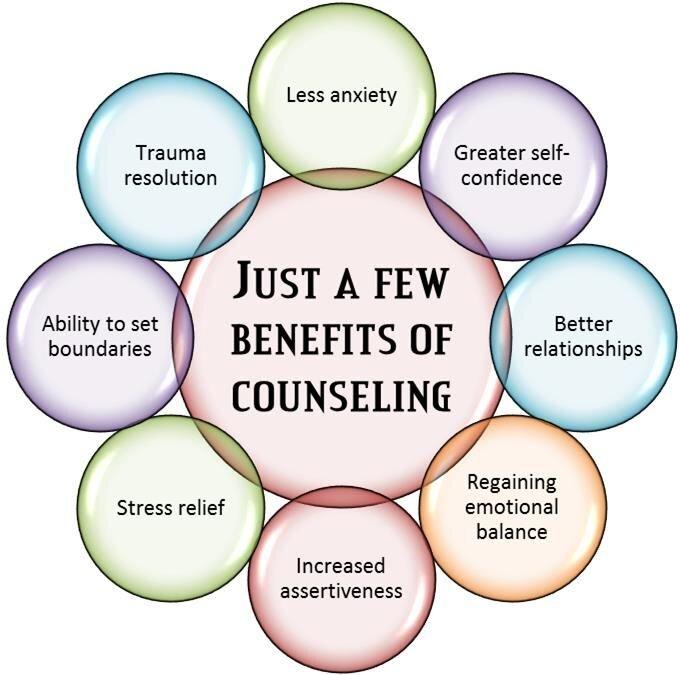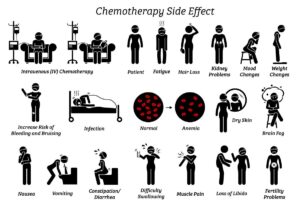In the quiet corners of our minds, we often harbor thoughts and behaviors we believe are just part of the human experience. But what happens when those seemingly ordinary patterns are unveiled as something more complex? A growing conversation is unfolding where individuals are courageously pulling back the curtain on their pre-therapy perceptions, revealing a landscape of misunderstood psychological experiences that many once considered simply “normal.” From subtle anxieties masked as personality traits to intrusive thought patterns disguised as everyday stress, people are now sharing the revelatory moments when professional mental health support transformed their understanding of their inner worlds. This exploration isn’t about pathologizing human experience, but about bringing compassionate clarity to the nuanced ways our minds navigate life’s challenges. Growing up, many people navigate life with silent struggles, believing their experiences are universal. Mental health professionals have begun illuminating the complex landscape of normalized trauma and internalized coping mechanisms that individuals often mistake for standard behavior.
Hypervigilance emerges as a profound revelation for many. What they once considered heightened awareness now recognizes as a trauma response—constantly scanning environments for potential threats, anticipating conflict, and experiencing persistent underlying anxiety. This survival mechanism, developed during challenging childhood experiences, transforms from perceived strength to recognized emotional exhaustion.
Emotional suppression represents another widespread pattern. Individuals frequently discover that their inability to express genuine feelings isn’t stoicism but a protective shield constructed during challenging developmental stages. What seemed like emotional stability reveals itself as complex emotional repression, preventing authentic connection and personal growth.
Perfectionism frequently surfaces as a masked mental health challenge. Many individuals realize their relentless pursuit of flawlessness stems not from ambition but deep-rooted insecurity and fear of rejection. These meticulously constructed personas serve as intricate defense mechanisms against potential criticism or abandonment.
Sleep disruptions and intrusive thoughts represent another commonly misunderstood experience. What people assumed were normal stress responses often indicate underlying anxiety or post-traumatic stress disorders. Racing thoughts, persistent rumination, and difficulty maintaining restful sleep emerge as significant indicators requiring professional intervention.
Relationship dynamics also undergo radical reinterpretation. Individuals recognize patterns of people-pleasing, codependency, and accepting manipulative behaviors as learned survival strategies rather than healthy interpersonal interactions. Mental health support helps deconstruct these ingrained relationship templates.
Physical manifestations of unprocessed emotional experiences surprise many. Chronic tension, unexplained bodily pain, and recurring health issues often connect directly to unaddressed psychological wounds. The mind-body connection becomes increasingly apparent through therapeutic exploration.
Social interactions undergo profound reexamination. What previously felt like inherent social awkwardness or introversion might represent complex social anxiety or neurodivergent experiences. Understanding these nuances provides liberation from self-judgment and opens pathways for authentic self-understanding.
Financial behaviors, relationship selections, career choices, and personal boundaries frequently reveal themselves as elaborate coping mechanisms developed during challenging life stages. Mental health support illuminates these intricate psychological landscapes, transforming self-perception from judgment to compassionate understanding.
The journey of mental health recovery isn’t about fixing something broken but recognizing the extraordinary resilience embedded within individual survival strategies.











